new to this type of request in Microsoft SQL Server. I'm using a full outer join on two tables looking for records that are not matching in the right table (New) vs left table (Old). I'm trying to find the new scores from the new table so I can update a production table with the most recent scores, while still holding onto old scores that have not been updated yet. This is my set up
Select
a.customer
,a.date
,a.Cat score
,a.Dog score
,a.Mouse score
,b.customer
,b.date
,b.Cat score
,b.Dog score
,b.Mouse score
From Old Table a
Full Outer Join New Table b
ON a.customer = b.customer
AND a.date = b.date
AND a.Cat score = Cast(b.Cat score as Varchar)
AND a.Dog score = Cast(b.Dog score as Varchar)
AND a.Mouse score = Cast(b.Mouse score as Varchar)
Note--- Have to cast the scores as Varchar or else I could not get the join to work. "Conversion failed when converting the varchar value '9.0000' to data type int."
Results: Both lists are 100% different without any matches
This can't be true because I can search the records in both tables manually and find the exact same result in both tables. Maybe there is a better way to do this type of update?
